Bergamot Oil For Hair
Give your mane that perfect TLC and keep those bad hair days away by using this effective oil.
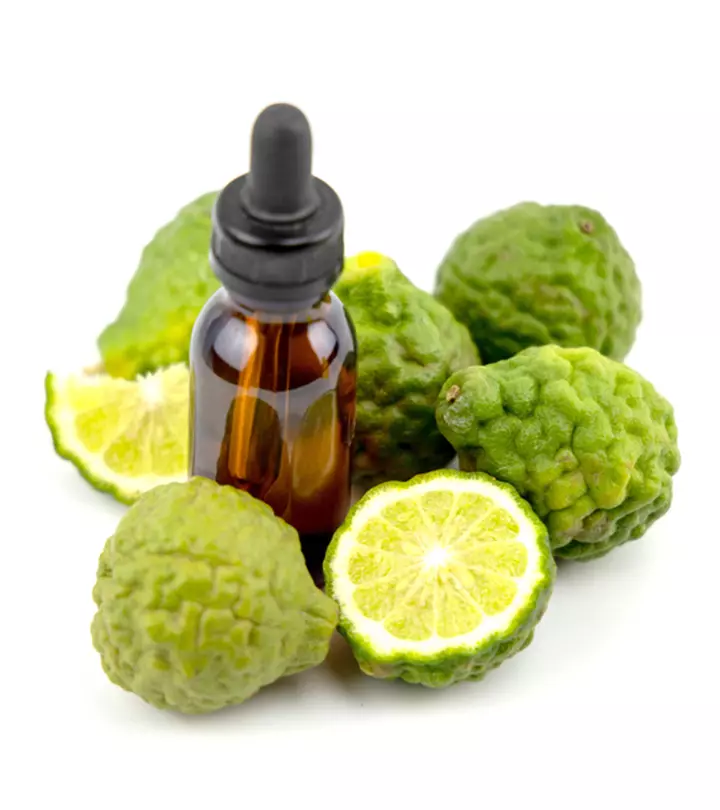
Image: ShutterStock
Dry and damaged hair is bothersome and needs continuous management. Bergamot oil for hair has become extremely popular for the array of benefits it offers for hair and scalp health. It can soften your tresses and may also combat scalp inflammation. Bergamot oil is also claimed to reduce hair loss. However, is it worth the hype?
This article examines the benefits of bergamot oil for dry hair, how you can use it in different ways, and potential side effects. Read on.
 Know Your Ingredient: Bergamot Oil
Know Your Ingredient: Bergamot OilWhat Is It?
An oil extracted from the rind of the bergamot orange fruit.
What Are Its Benefits?
May promote hair growth, reduce dandruff, boost hair shine, and minimize frizz.
Who Can Use It?
Individuals who have irritated scalps and dull hair might benefit from this essential oil.
How Often?
Use it with a carrier oil for a weekly hair treatment.
Caution
It may cause photosensitivity or skin irritation in some individuals, so it is important to dilute it with a carrier oil before applying it.
In This Article
What Is Bergamot Oil?
Bergamot oil is extracted from the peel of the bergamot orange. The oil has a spicy taste and is used as a flavoring agent. It exudes a light citrusy and floral scent upon application. While some believe it can soothe the scalp, many wonder if it is really good for hair.
 Did You Know?
Did You Know?Key Takeaways
- Bergamot oil, produced from the peel of the bergamot orange, is well recognized for its antimicrobial properties.
- This oil treats a range of hair issues, including hair growth, dandruff management, hair shine, frizz reduction, and scalp relaxation.
- Bergamot oil should not be applied directly to the scalp. Instead, always combine this oil with a carrier oil (coconut oil, sweet almond oil, jojoba oil, or olive oil).
Is Bergamot Oil Good For Your Hair?
Yes, the bergamot essential oil helps treat a variety of hair issues. and has antimicrobial properties, which may help combat certain scalp issues (1). These properties may help combat certain scalp issues.
In the following section, we have listed the 7 potential benefits of the oil.
Top 7 Benefits Of Bergamot Oil
Discover the amazing benefits of bergamot oil for hair from reducing dandruff to boosting hair growth. Read in detail about why this oil is a great addition to your hair care regimen.
1. May Promote Hair Growth
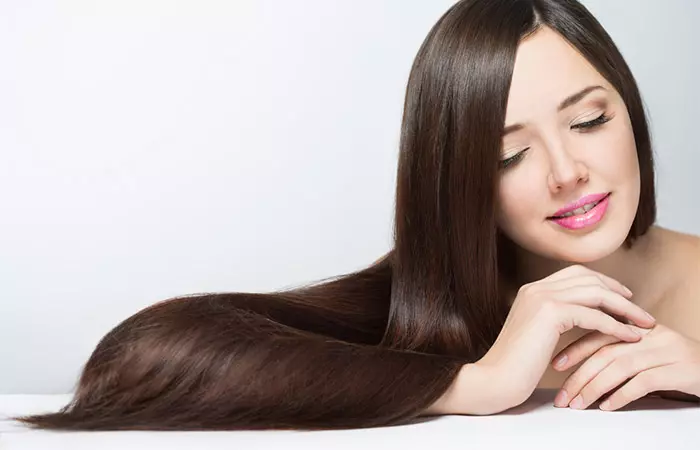
Bergamot oil has anti-inflammatory properties. In animal studies, the oil (and bergamot extract) was found to boost collagen content and promote hair growth (2). Additionally, it may have hair moisturizing properties that improve hair texture.
2. May Reduce Dandruff
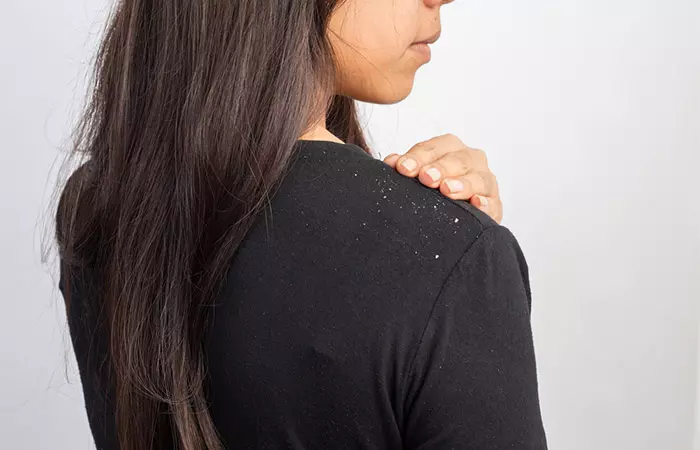
Bergamot essential oil is known for its antimicrobial properties (1). It seems to be effective in cleansing the scalp and reducing build-up. Anecdotal evidence suggests the oil may also reduce dandruff.
3. May Boost Hair Shine
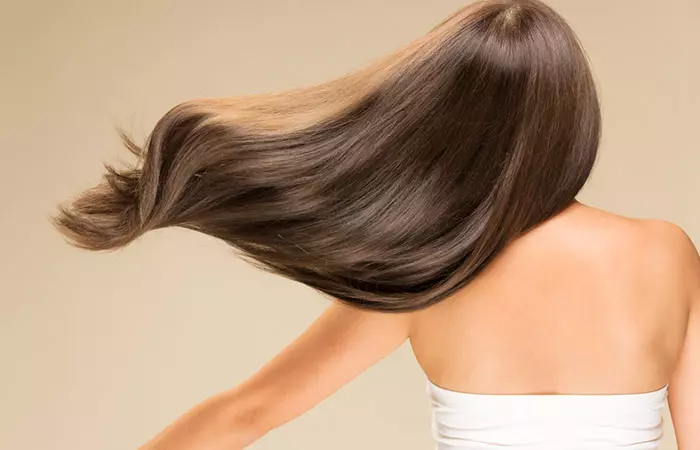
The after-effects of oxidative stressi An imbalance between antioxidants and free radicals in the body that can trigger the immune response, causing diseases like Alzheimer's. can take a toll on your hair and scalp. The antioxidants in bergamot oil may combat these stressors and boost hair shine. More research is warranted in this regard. It may also aid hair rejuvenation by fighting free radicals that cause damage to your tresses.
4. May Help Reduce Frizz
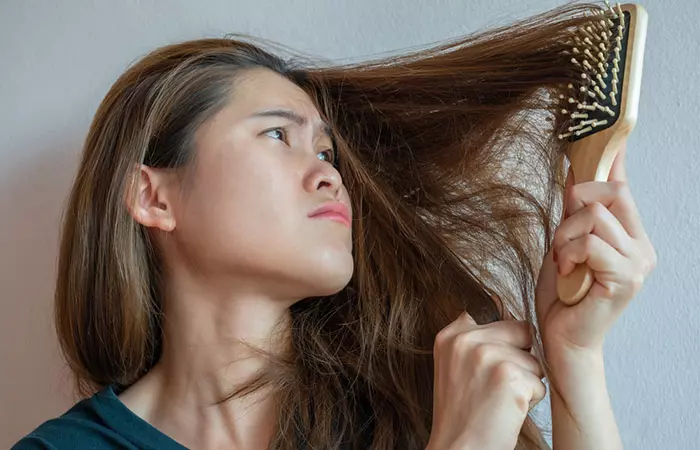
Bergamot oil may help soften and tame your curls, giving you superior frizz control. Its fatty acids may provide hair conditioning, leaving your hair soft and manageable.
5. May Relax The Scalp
Bergamot oil may soothe an irritated scalp and even stimulate blood flow in the area. More research is warranted to understand this mechanism.
6. May Promote Hair Detox
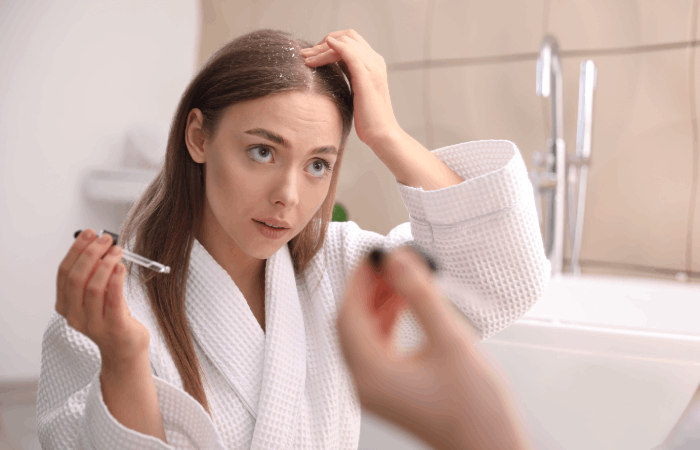
Anecdotal evidence suggests that bergamot oil exhibits cleansing properties that can help detox and clean the scalp. The oil may also reduce the stubborn product buildup, flakiness, and dandruff.
7. May Treat Scalp Infections
The antiseptic and antimicrobial properties of bergamot oil may help tackle the inflammation and itching associated with scalp issues. While there is limited research to support the claim, anecdotal evidence suggests that bergamot oil can help treat various scalp conditions like fungal infection and scalp psoriasis.
 Trivia
TriviaIn the following section, we will go through the various capacities in which you can use this oil.
How To Use Bergamot Essential Oil
Since bergamot oil is primarily used as an essential oil, it should not be applied directly to the scalp. Make sure to mix this oil with a carrier oil (such as coconut oil, sweet almond oil, jojoba oil, or olive oil). Do not swallow this essential oil.
Here are some ways you can use this oil for your hair.
- Use It To Massage Your Scalp
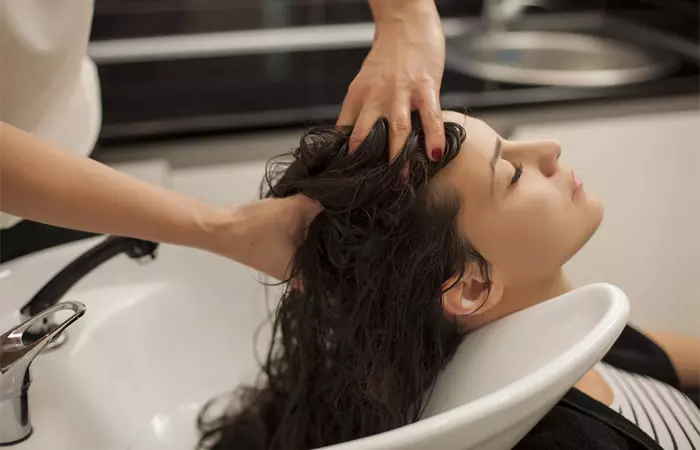
Mix one to two drops of this oil with a tablespoon of any carrier oil of your preference and gently massage it into your scalp so it reaches your hair follicles. Massage your scalp in small, firm circular motions with your fingers so the oil gets to the hair roots. Leave it on overnight for the best results.
- Add It To Your Hair Care Products
You can add two to five drops of essential oil to your shampoos, conditioners, and hair masks for optimum results.
Before you start using bergamot oil, it is important to consider the potential side effects and the precautions you must take.
Side Effects And Precautions
Side Effects
As per anecdotal evidence, undiluted bergamot essential oil may cause allergic dermatitisi A type of skin rash caused by sudden contact with an allergen that irritates the skin. Also known as contact eczema. in some people. You will know you are having an allergic reaction if you experience any of the following:
- Redness
- Burning sensation
- Blisters
- Hives
- Pain
Precautionary Measures
Before you use bergamot essential oil for hair treatment, make sure to do a patch test. Apply the bergamot oil diluted in a carrier oil of your choice on a small area of your forearm. Wait for 24 hours and check for any allergic reaction. The oil is safe for use if you experience no allergy.
- Do not apply this oil on children, pets, or pregnant women.
- The oil contains a phototoxici A reaction causing skin irritation that occurs when a chemical substance interacts with sunlight or artificial lighting. compound called bergapten. It can cause photodermatitis, which includes skin irritation and damage if exposed to sunlight (3).
- Do not swallow this oil as it can have harmful effects.
- Do not inhale the bergamot oil directly from the bottle as it may cause nasal congestion and throat irritation.
- Always store the bottle in a cool, dry place and away from direct sunlight.
- Anecdotal evidence suggests that using this oil topically may interfere with certain medications, such as ciprofloxacin, antidepressants, vitamin A derivatives, antibiotics, or antifungals. However, more research is warranted in this regard. Consult your doctor for more information.
Infographic: DIY Bergamot Oil Recipes For Hair
Bergamot oil has a wide range of benefits for your hair, thanks to its anti-inflammatory, antioxidant, and antimicrobial properties. You can directly apply it to your scalp after mixing it with a carrier oil. You can also try it out in combination with various other essential and carrier oils for hair nourishment. Let’s take a look at them in the following infographic. Scroll down! Illustration: StyleCraze Design Team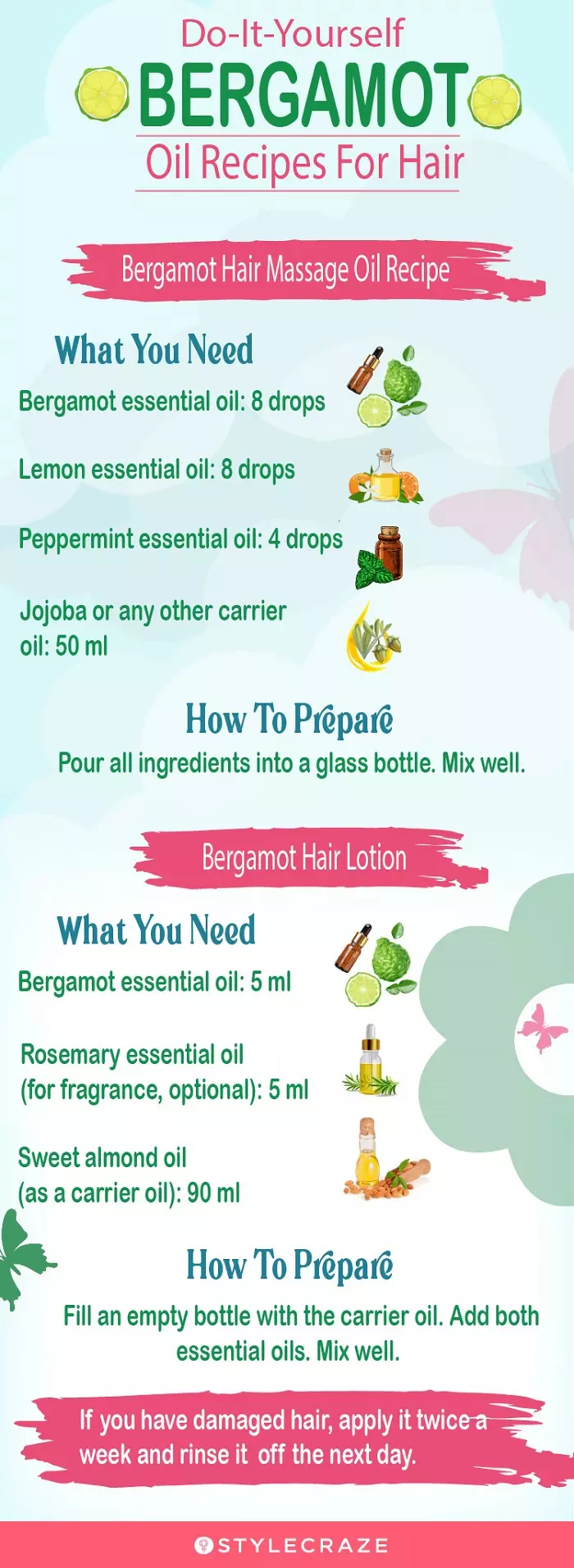
Apart from being a natural hair care product, bergamot is also used extensively in aromatherapy. There are countless bergamot essential oil benefits for hair, owing to its anti-inflammatory, antimicrobial, and antioxidant properties. These properties help boost hair growth, add shine, combat dandruff, tame curls, and might promote overall hair health. You can use this essential oil to massage and soothe your scalp. You can also add it to hair products like shampoos and conditioners. However, bergamot oil can be harsh on your hair, so mix it with carrier oils like olive oil or coconut oil. Also, do a patch test before using this essential-carrier oil mixture to prevent adverse effects like allergic dermatitis.
Frequently Asked Questions
Is bergamot oil suitable for oily hair?
Yes, bergamot oil can be a good choice for oily tresses as anecdotal reports claim that it can help control oil production and promote a balanced, clean scalp.
Is bergamot oil good for hair growth?
Yes, bergamot oil comes with anti-bacterial properties that can facilitate wound healing and lower inflammation, which helps in hair growth.
Can I leave bergamot oil on my hair?
Yes, you may leave bergamot oil (mixed with a carrier oil) in your hair without any adverse reactions, unless you are allergic to it.
Does bergamot oil help grey hair?
According to anecdotal evidence, bergamot oil works wonders on grey hair. It possesses natural coloring ingredients that replace grey hair with natural hair.
Does bergamot help thin hair?
Yes, bergamot helps with thin hair. It works from the roots and replenishes nutrition to boost hair growth and volume.
Illustration: Bergamot Oil For Hair: Benefits Uses Application And More
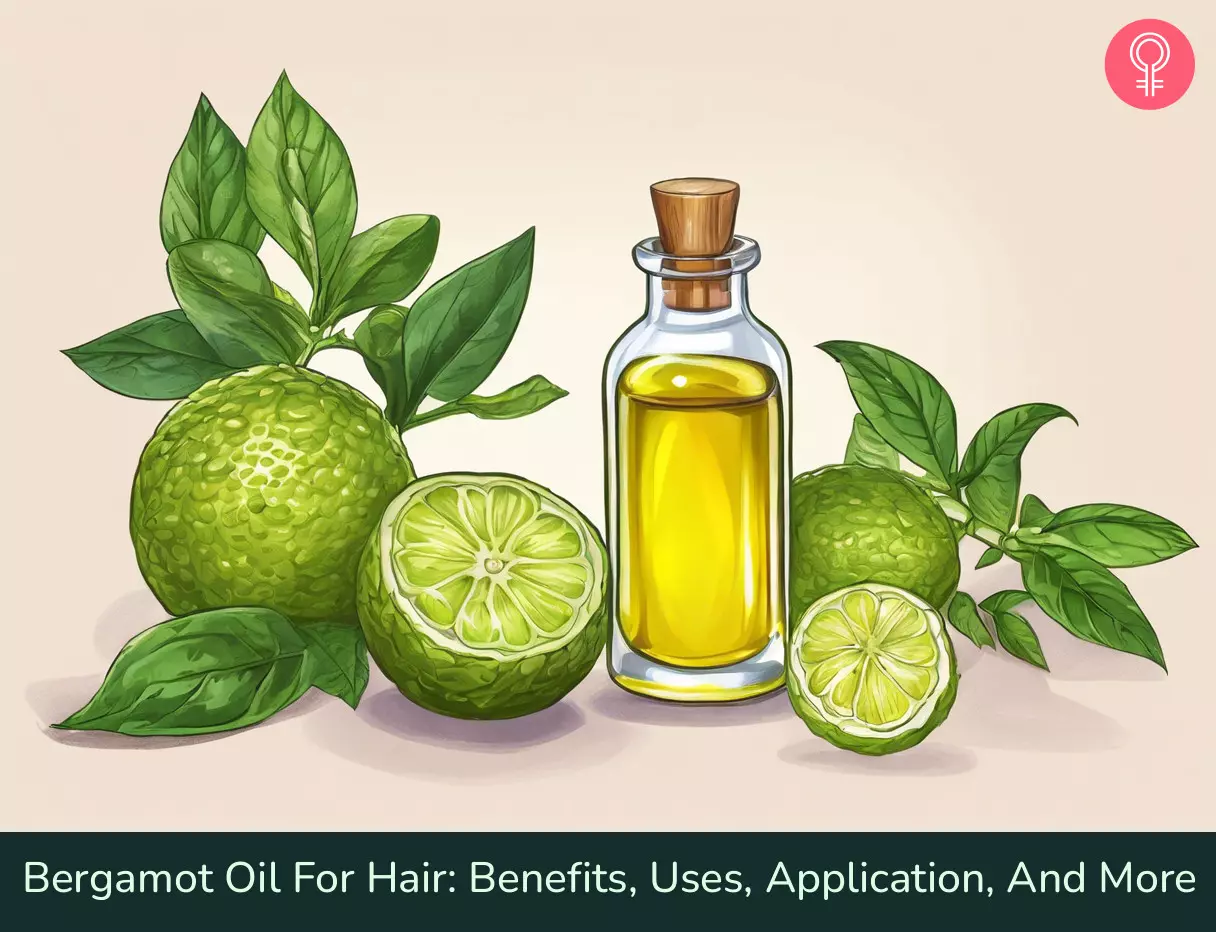
Image: Stable Diffusion/StyleCraze Design Team
Learn the top tips for using bergamot essential oil to improve your general well-being! Check out this video and start using this amazing oil to its fullest potential!
References
Articles on StyleCraze are backed by verified information from peer-reviewed and academic research papers, reputed organizations, research institutions, and medical associations to ensure accuracy and relevance. Read our editorial policy to learn more.
- In vitro antimicrobial effects and mechanism of action of selected plant essential oil combinations against four food-related microorganisms
https://www.sciencedirect.com/science/article/abs/pii/S0963996911004704 - Efficacy of bergamot: From antiinflammatory and antioxidative mechanisms to clinical applications as preventive agent for cardiovascular morbidity, skin diseases, and mood alterations
https://www.ncbi.nlm.nih.gov/pmc/articles/PMC6392855/ - Accidental bullous phototoxic reactions to bergamot aromatherapy oil
https://pubmed.ncbi.nlm.nih.gov/11511848/
Read full bio of Martine Langsam
Read full bio of Arshiya Syeda
Read full bio of Ramona Sinha
Read full bio of Medha Deb






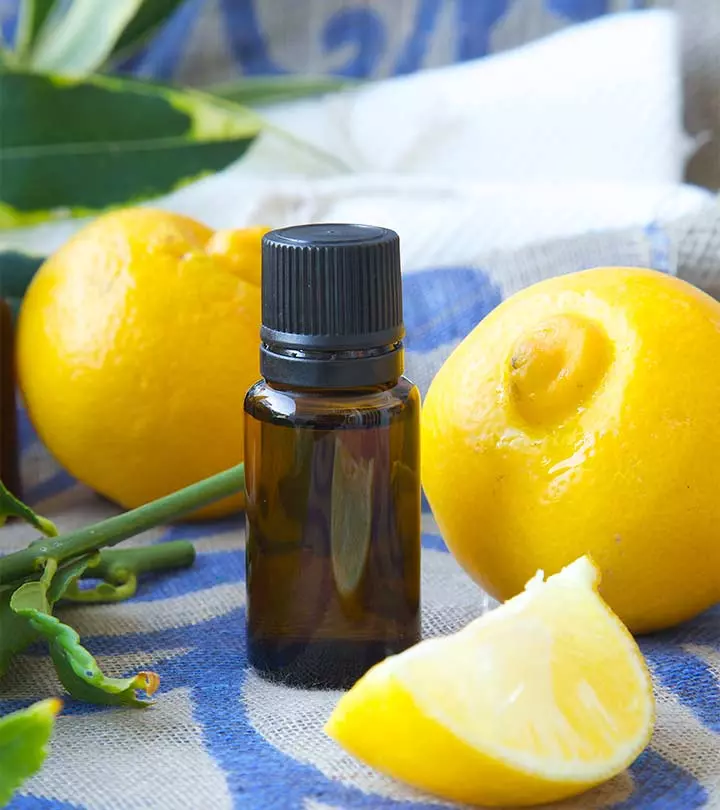
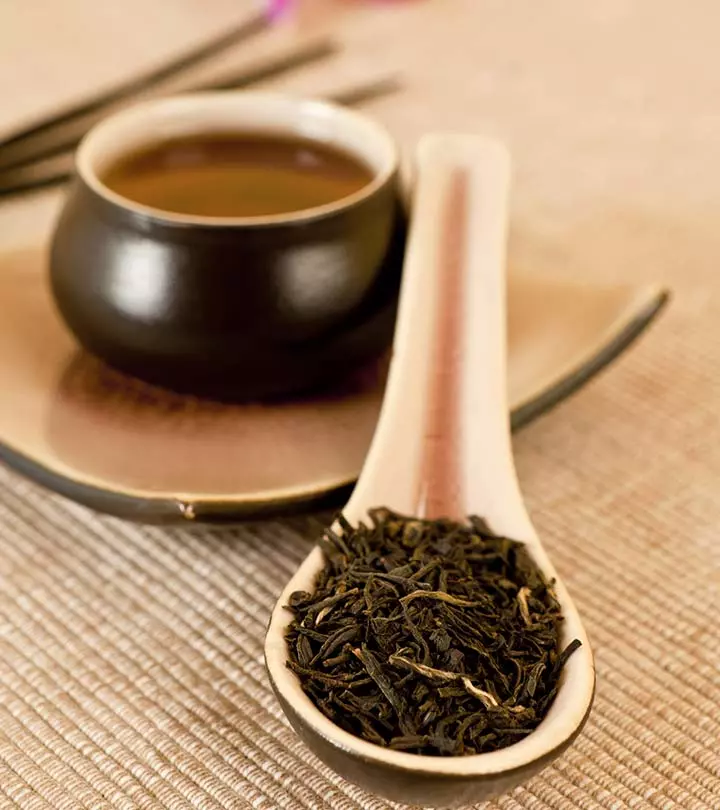
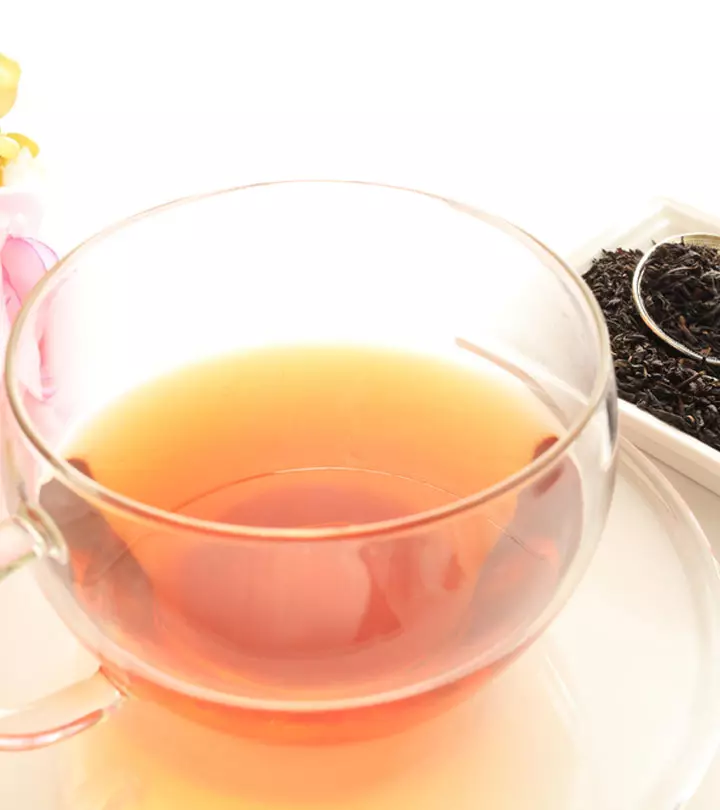
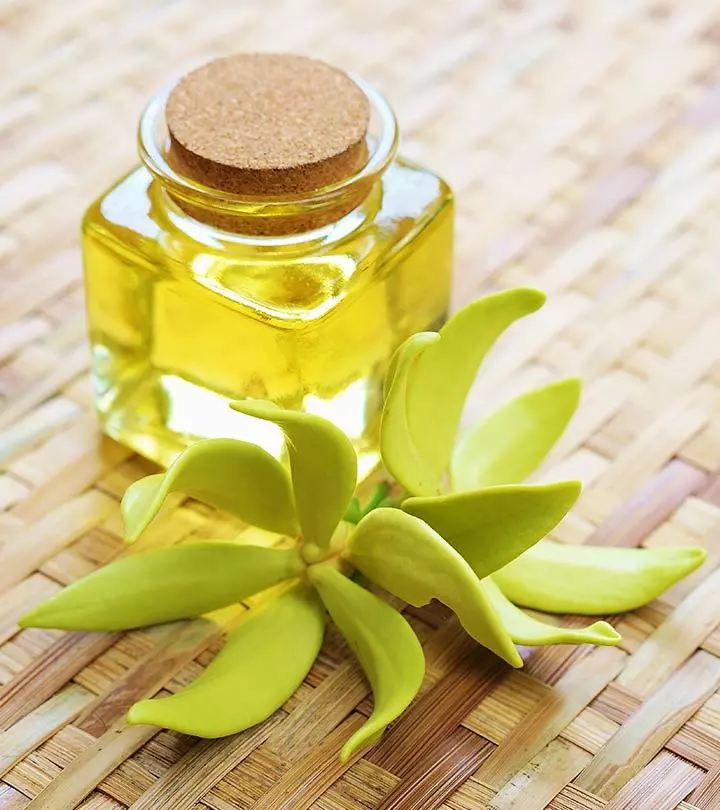
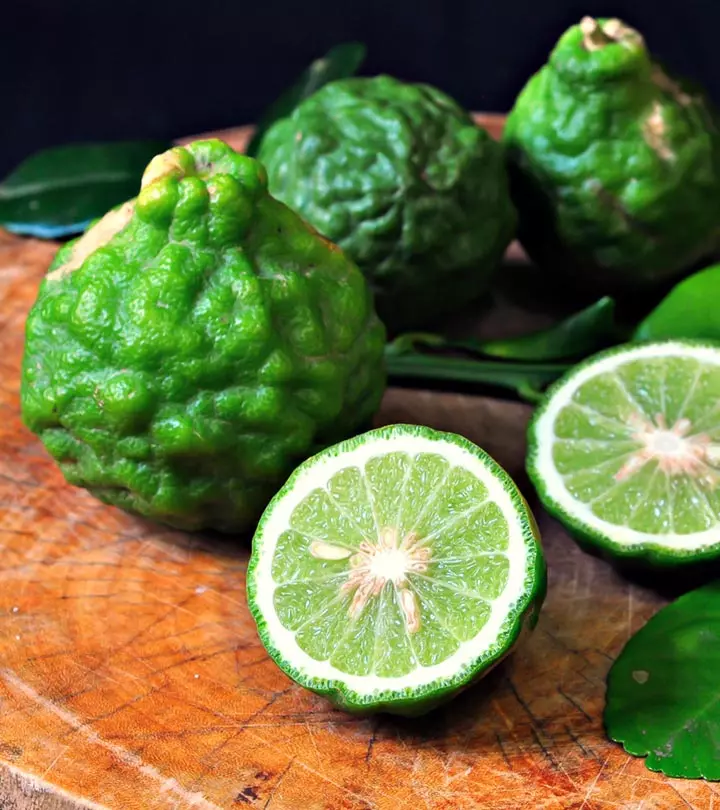
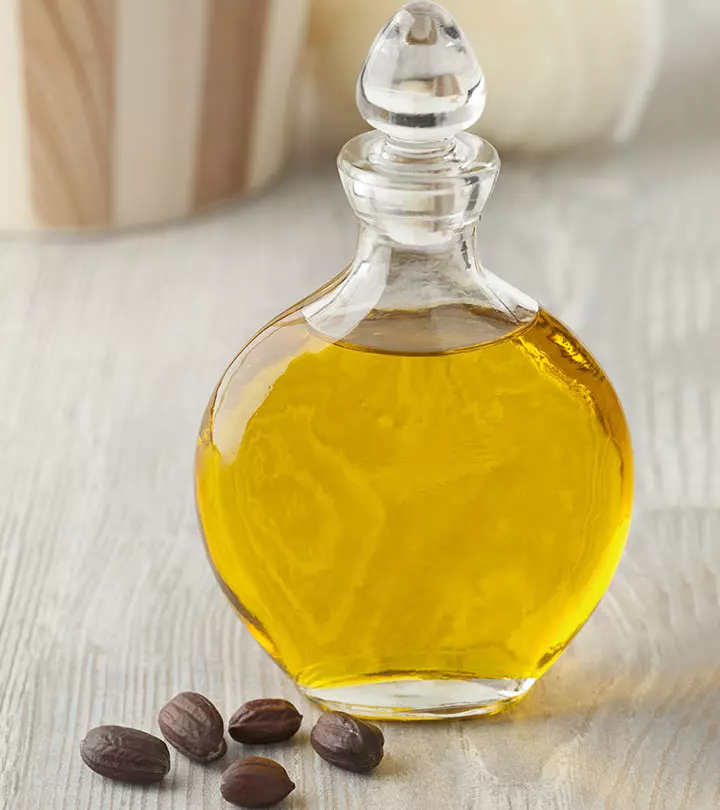
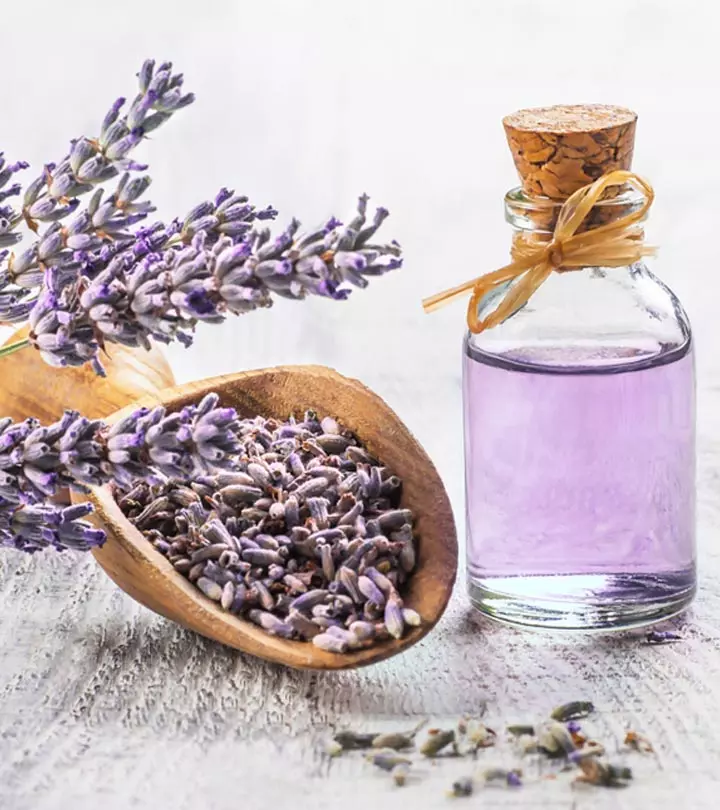

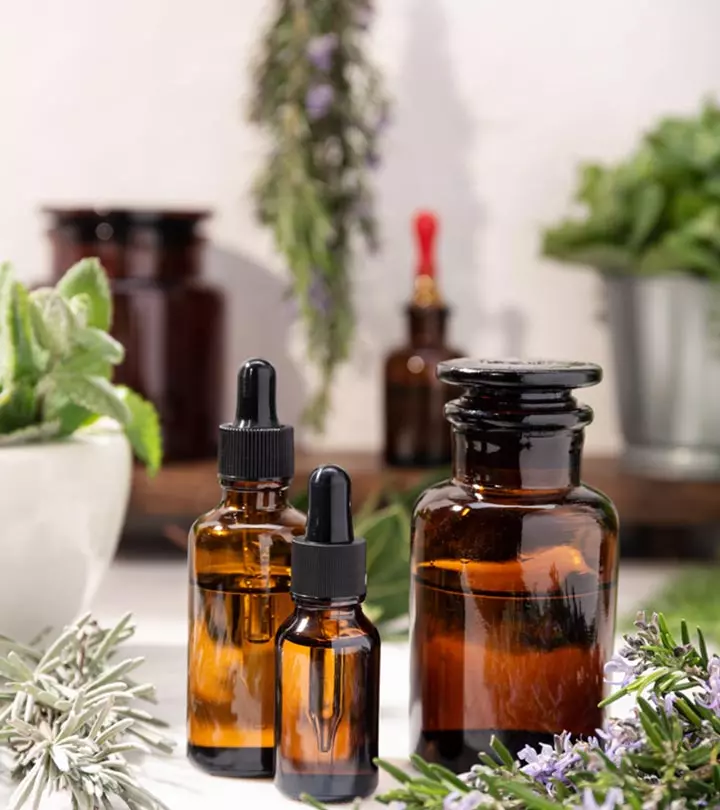

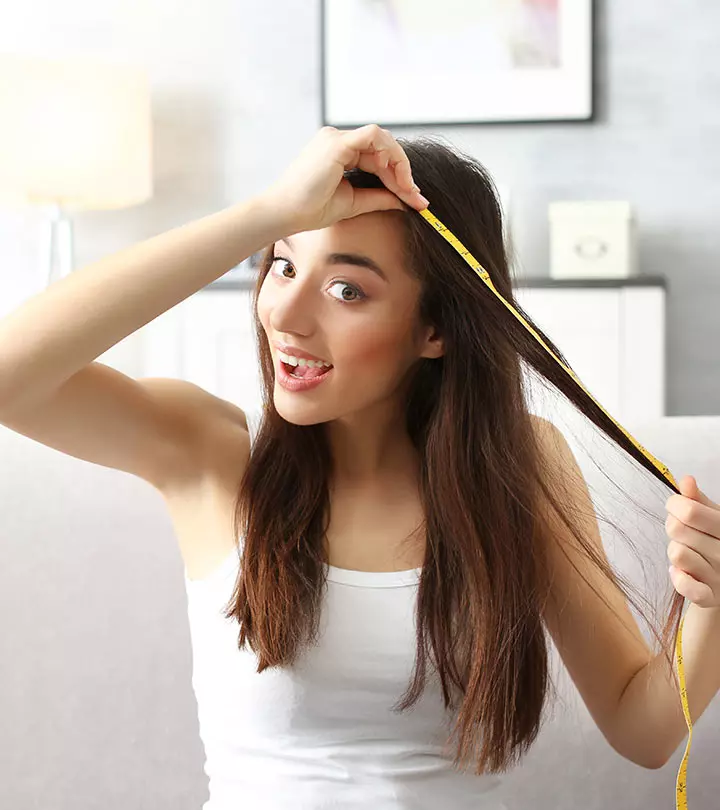
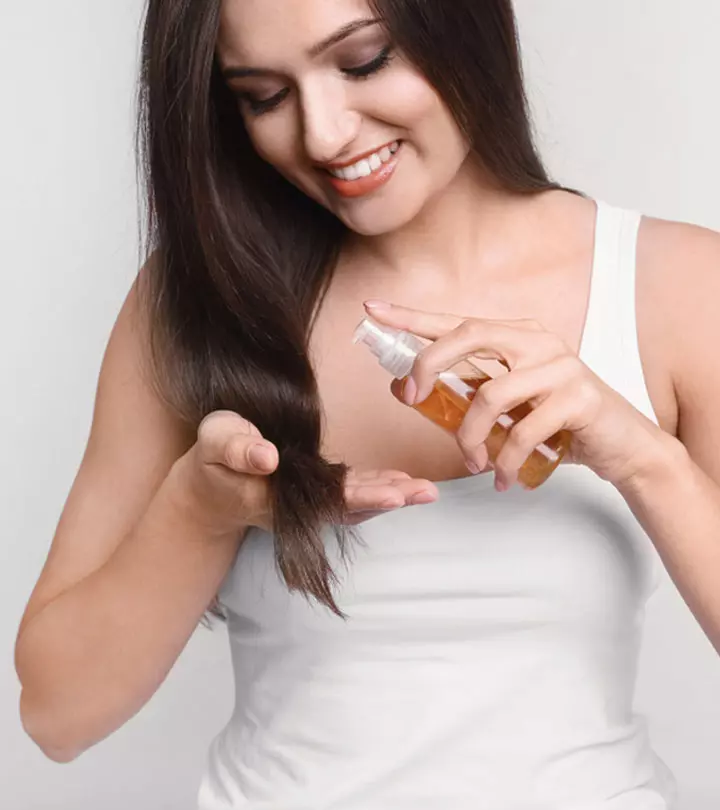

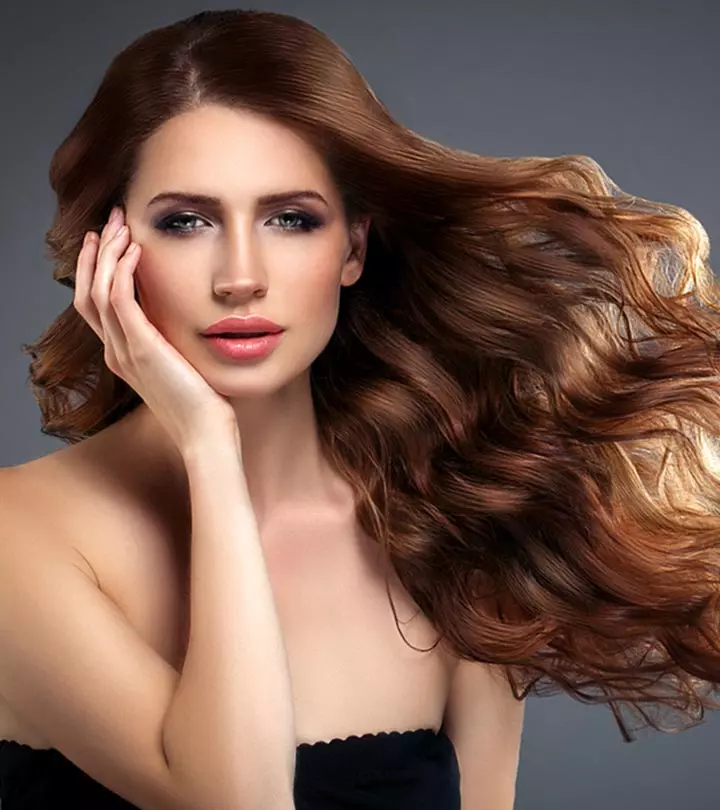

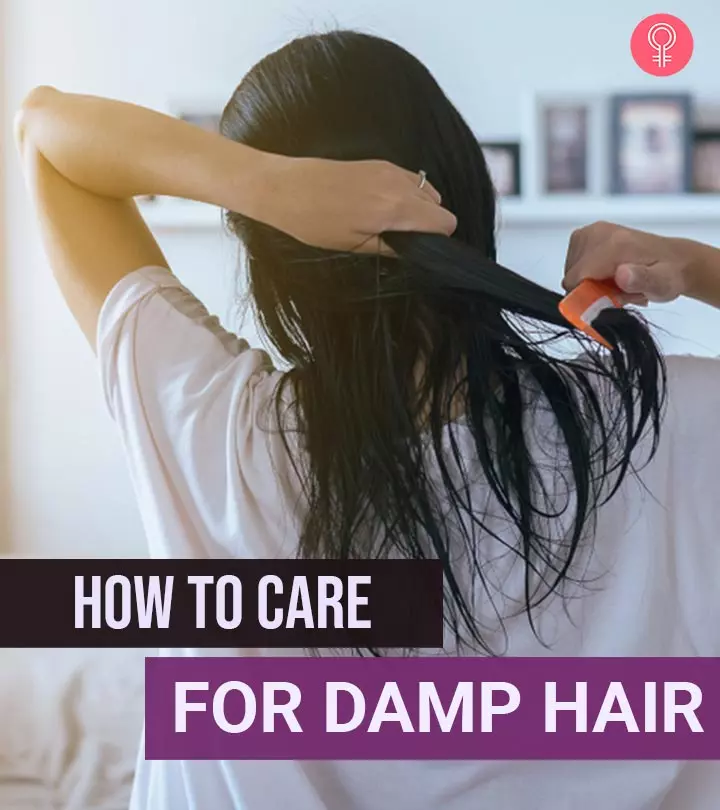
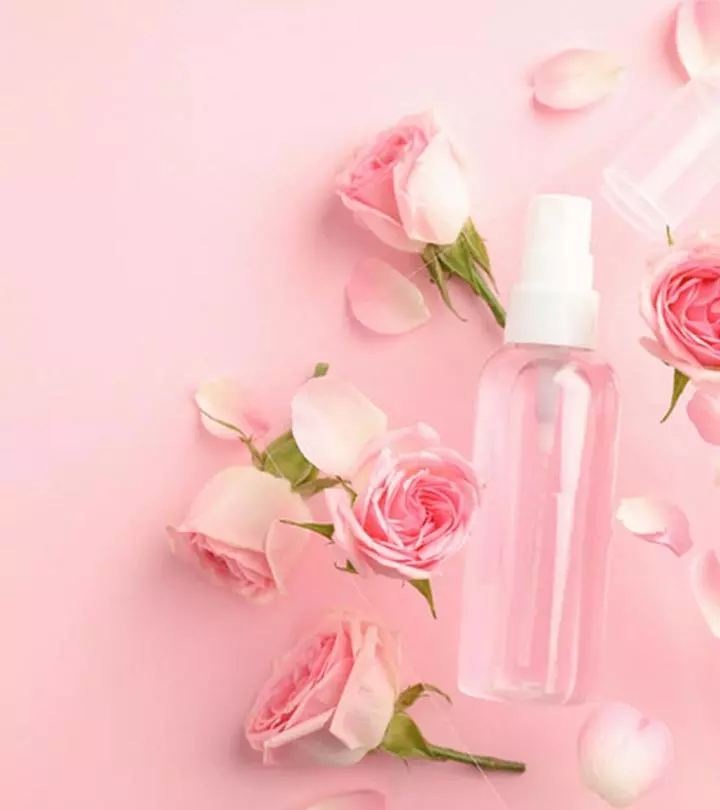
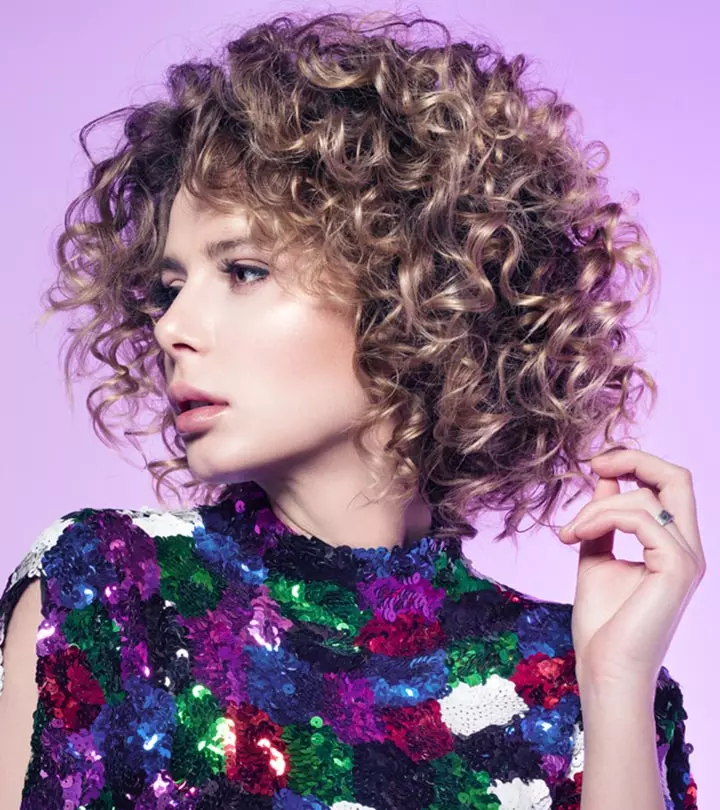
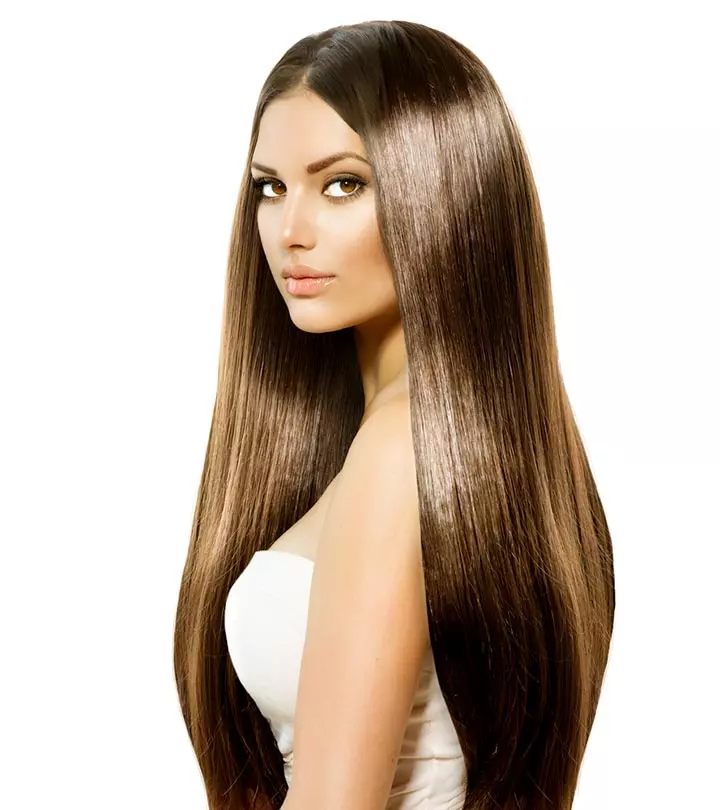
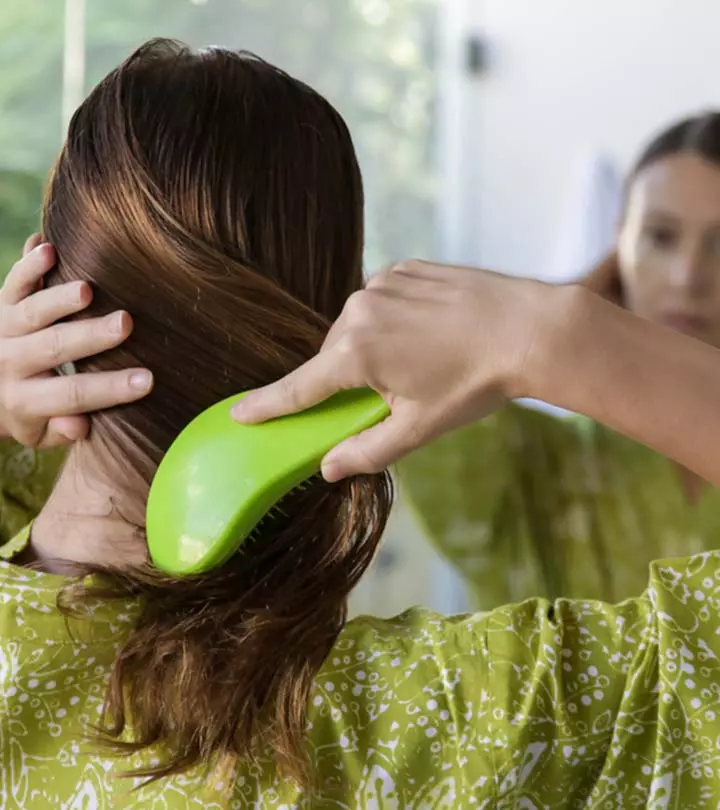

Community Experiences
Join the conversation and become a part of our empowering community! Share your stories, experiences, and insights to connect with other beauty, lifestyle, and health enthusiasts.